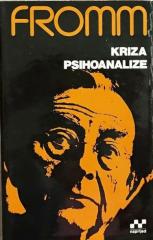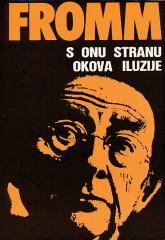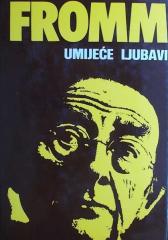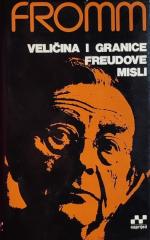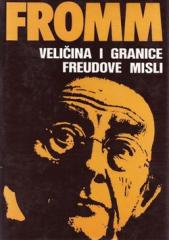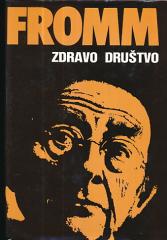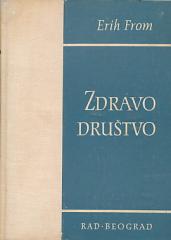Erich Fromm
Erich Fromm (1900–1980) was a German-American social psychologist, psychoanalyst, philosopher, and humanist thinker. He was born in Frankfurt to a Jewish family and studied sociology, psychology, and philosophy in Heidelberg. He was associated with the Frankfurt School of Critical Theory and was deeply involved in linking psychoanalysis with social theory and humanistic ethics.
Fromm believed that human psychology could not be understood without the context of the society in which a person lived. His best-known work, Escape from Freedom (1941), analyzes how individuals in modern society have turned to authoritarian ideologies to escape the burden of personal freedom. In The Art of Loving, The Healthy Society, and To Have or To Be, he promoted the ideas of authentic love, individual maturity, and ethical humanism.
For Fromm, the ideal was a social transformation that allowed for the development of man as a free, creative, and responsible being. He was also active in political life, advocating peace, prudence, and democratic socialism. After the Nazis came to power, he emigrated to the United States, where he continued his academic and therapeutic career.
He died in Switzerland in 1980, leaving a deep mark on humanistic psychology and social philosophy.
Titles in our offer
Kriza psihoanalize - Analitička socijalna psihologija i društvena teorija
Fromm developed as a critic of contemporary society under the influence of Marx, Freud and the Frankfurt circle. He stood out as an original critical interpreter of Freud's conceptions, which are his second basic inspiration.
S onu stranu okova iluzije: Moj susret s Marxom i Freudom
In the autobiographical-philosophical work "Beyond the Chains of Illusion", Erich Fromm depicts his own intellectual development through his encounter with the ideas of Karl Marx and Sigmund Freud.
Umijeće ljubavi
In "The Art of Loving," Fromm argues that love is an art that requires knowledge, effort, and practice, not just an emotion or a random occurrence. In modern society, people often understand love as an object to be "found," rather than as a skill to be de
Veličina i granice Freudove misli
Fromm developed as a critic of contemporary society under the influence of Marx, Freud and the Frankfurt circle. He stood out as an original critical interpreter of Freud's conceptions, which are his second basic inspiration.
Veličina i granice Freudove misli
Zdravo društvo
In his book "The Healthy Society," Erich Fromm explores what makes a society psychologically healthy and what makes it unhealthy. The book represents the crowning achievement of Fromm's social and political philosophy, in which he favors a so-called human
Zdravo društvo
In the book Healthy Society, Fromm tried to show that life in a democracy of the XX. century represents another type of escape from freedom. The analysis of this very escape, in which alienation is the central concept, forms a large part of this book.
